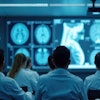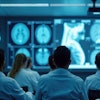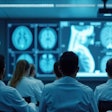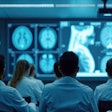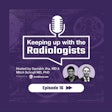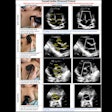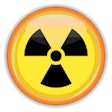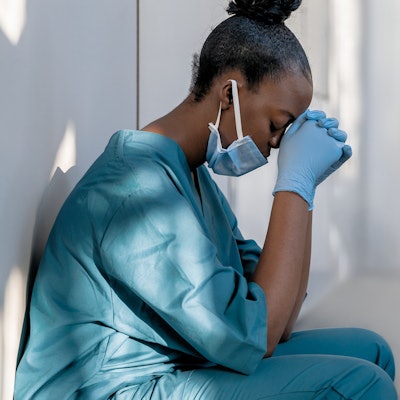
Are diagnostic radiography students prepared for the stress that lies ahead? To explore the question, a group in South Africa recently interviewed students about their concept of resilience.
Radiology faculty at Cape Peninsula University of Technology held focus groups to ask first-year students what the concept of resilience means to them, and while definitions varied, most said the concept relates to overcoming adversity and rising above challenges. The study was published October 27 in Radiography.
Various definitions exist in medical literature for resilience, with early reports describing it as a fixed or static innate trait. Most current theories, however, view resilience as a process that allows individuals to adapt to adversity and develop positive outcomes as a result.
To explore their understanding of the concept, the researchers interviewed 23 (out of a target group of 64) first-year diagnostic radiography students who had performed real-world clinical work for the first time in 2021 as part of their training.
They found the following themes:
- Confidence is key. Students expressed resilience as having confidence, as they felt that confidence is a core requirement of resilience and to function as a radiographer. "There's this guy, he's in third year or something. He's so confident. It's as though he's a radiographer already," said one student.
- External protective factors help. Factors related to external influences such as peer support and friends helped students cope during challenging circumstances. "I think what helps me the most is that I talk a lot to people, especially my friends ... I hear their challenges as well that they face in their workplaces and stuff and then I understand that there are rainy days and sunny days," one student related.
- Internal protective factors help, too. Some students concentrated on the good days and reminded themselves that anybody can make mistakes, while others coped by not thinking about work challenges after hours, the researchers found. "The best thing is to tell yourself that I'm here at work now, so I rather focus and then whatever, after work whatever happens at work stays at work," one student said.
Ultimately, most research in radiography demonstrates that radiography students are unprepared for the challenging interactions of the clinical environment. The fact that students' explanations of resilience in this study are similar to those found in the literature is encouraging, the authors noted.
"Follow-up studies that consider the views of diagnostic radiography students from more institutions would potentially allow further contextually relevant information to emerge," Thomas and colleagues concluded.

